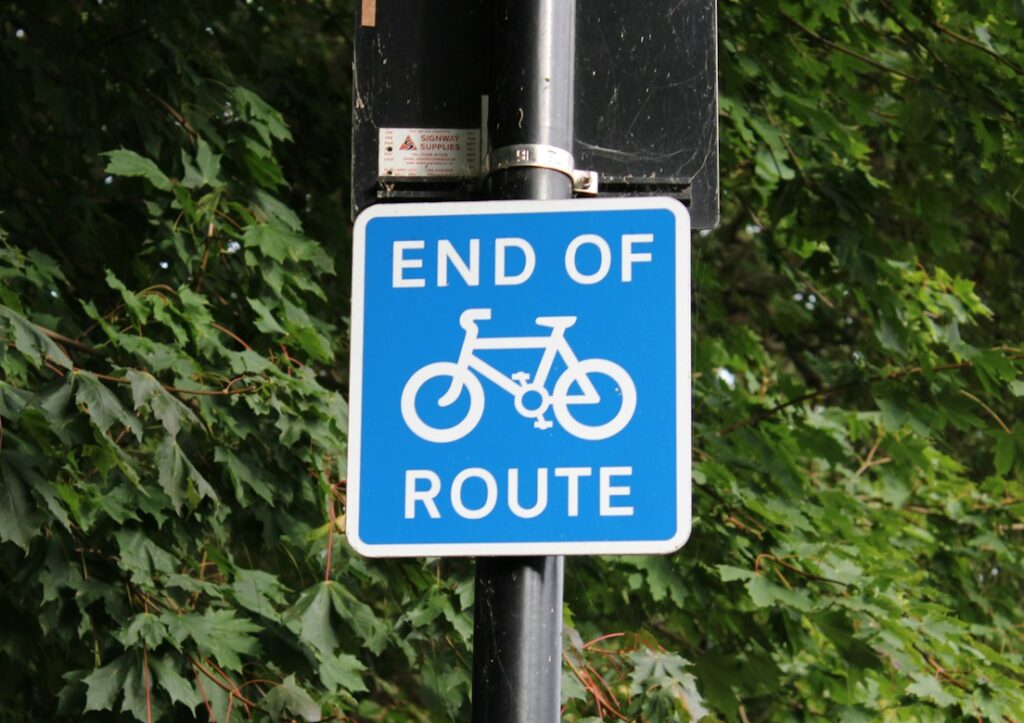Defra has today launched for consultation its draft long-term Clean Air Strategy — outlining steps it plans to take to address emissions from a range of sources.
This includes proposals to tackle air pollution from domestic solid fuels like wood and coal-burning, emissions from agriculture, further action on polluting non-road mobile machinery and air pollution from aviation and shipping.
Defra: Draft Clean Air Strategy 2018
Defra’s draft Clean Air Strategy has been published todayThe consultation will inform the final Clean Air Strategy and detailed National Air Pollution Control Programme, to be published by March 2019.
“This draft Strategy sets out the comprehensive action that is required from across all parts of government and society to meet these goals,” Defra has explained in its introductory text to the document. “New legislation will create a stronger and more coherent framework for action to tackle air pollution. This will be underpinned by new England-wide powers to control major sources of air pollution, in line with the risk they pose to public health and the environment, plus new local powers to take action in areas with an air pollution problem.”
Coming in at a total of 104 pages, the draft strategy contains a series of proposed actions to be taken by government, some of them already in the public domain and some new policy proposals debuted today. AirQualityNews.com has summarised a number of the key actions below.
Key Pledges
- New clean air legislation will enable the Transport Secretary to compel manufacturers to recall vehicles and machinery for any failures in their emissions control system, and make tampering with an emissions control system a legal offence.
- It will also create a new statutory framework for Clean Air Zones (CAZ) to simplify current overlapping frameworks of CAZ, AQMA and Smoke Control Areas to create a single approach covering all sources of air pollution.
- The UK government will work in partnership with the governments of Scotland, Wales and Northern Ireland to develop a detailed National Air Pollution Control Programme as required under the National Emissions Ceilings Directive for publication in 2019.
- Defra will legislate to prohibit the sale of the most polluting fuels, by introducing a 2% sulphur limit for the sale of all solid domestic fuels and ensure that only the cleanest stoves are available for sale by 2022.
- Legislation on ‘dark smoke’ from chimneys and underused provisions on Smoke Control Areas will be updated to give ‘more flexible, proportionate’ enforcement powers to local government.
- Government will ‘increase transparency’ by bringing local and national monitoring data together into a single accessible portal for information on air quality monitoring and modelling, catalysing public engagement through citizen science.
- Defra will seek to ‘progressively’ cut public exposure to particulate matter pollution as suggested by the World Health Organisation. This includes a pledge to halve the population living in areas with concentrations of fine particulate matter above WHO guideline levels (10 μg/m3) by 2025.
- Government will provide a personal air quality messaging system to inform the public, particularly those who are vulnerable to air pollution, about the air quality forecast, providing ‘clearer information’ on air pollution episodes and accessible health advice.
- The Department will also publish updated appraisal tools and accompanying guidance this summer to enable the health impacts of air pollution to be considered in every relevant policy decision that is made.
- Later this year Defra will provide guidance for local authorities explaining how cumulative impacts of nitrogen deposition on natural habitats should be mitigated and assessed through the planning system.
- By the autumn, the rail industry will produce plans to phase out diesel-only trains by 2040.
- All major English ports should produce air quality strategies setting out their plans to reduce emissions. These plans will be reviewed periodically to establish if the measures are effective or whether government action is required.
- A national code of good agricultural practice will be produced aimed at controlling ammonia emissions.
















